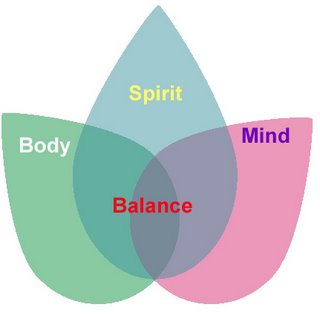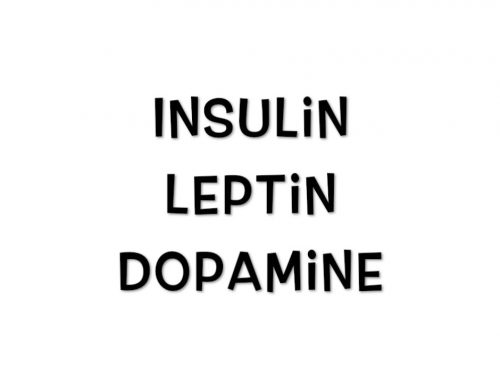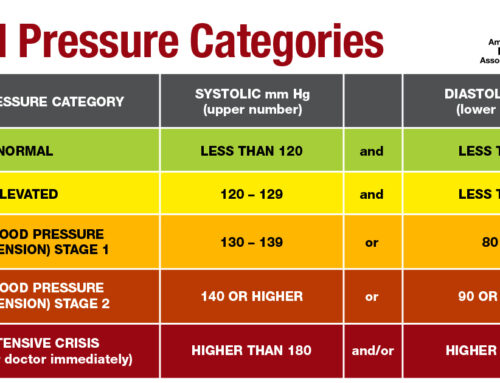 A practitioner with a holistic approach treats the symptoms of illness as well as looking for the underlying causes—particularly in the treatment of chronic cases. Discovering those root causes is a matter of using proper laboratory testing and listening closely to a person’s history and symptoms both before and during the use of a treatment protocol.
A practitioner with a holistic approach treats the symptoms of illness as well as looking for the underlying causes—particularly in the treatment of chronic cases. Discovering those root causes is a matter of using proper laboratory testing and listening closely to a person’s history and symptoms both before and during the use of a treatment protocol.
Looking for the “underlying cause” can mean a lot of things. In one case, it can mean allowing for the fact that the body is a very complex organism and that what is going on in one part of the body can often affect another. For example, if a person presents with a thyroid condition it is possible that other organ systems (such as the adrenal glands) may be affecting the thyroid. That’s why it’s important to make it a goal to bring all the hormones into balance instead of focusing solely on the thyroid. Bringing the entire body into balance promotes wellness in every part of the body.
Another underlying cause for many chronic illnesses can be diet and lifestyle choices. Chronic conditions like diabetes, heart disease, hypothyroidism, obesity, and chronic fatigue don’t develop overnight. These conditions are usually the result of years of stress on the body caused by improper diet and/or emotional stress. Part of a holistic approach to a plan for healing may involve patient education about how to eat well (and we’re not necessarily talking about dieting, here!) and how to control the stress in your life. Both of those are critical pieces to the overall wellness puzzle.
Holistic healing seeks to address an individual as a whole person: mind, body, and spirit. For those who are ready for it, counseling and energy medicine can play a crucial role in achieving both physical healing and emotional well-being. Every healing tradition in history has acknowledged the mind-body connection. It is only in the very recent past that western medicine has created a divide between the physical and the mental/spiritual connection. Interestingly, more and more scientific research is being done that proves what physicians and healers throughout the ages have known: that a person’s thoughts and feelings directly affect their physical health.
The person who will benefit most from a holistic approach to wellness care is someone who is not simply looking for a “quick fix” based on prescription medications (although that may be beneficial in the short run). The most successful people will embrace the opportunity to partner with their health care providers and empower themselves through education and lifestyle choices to achieve optimal wellness.
As a health care provider, Dr. Marcantel is a strong believer in using a holistic and integrative approach when working with her patients. For more information about her philosophy of care as well as her approach to treatment of specific chronic conditions, we invite you to view and read the dozens of videos and articles available on this website.





